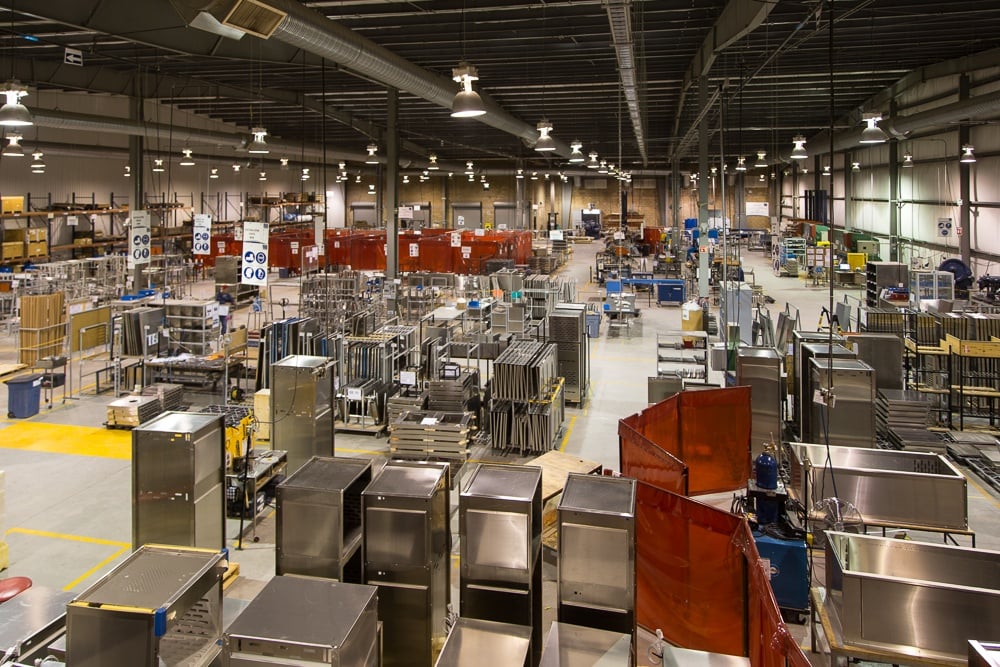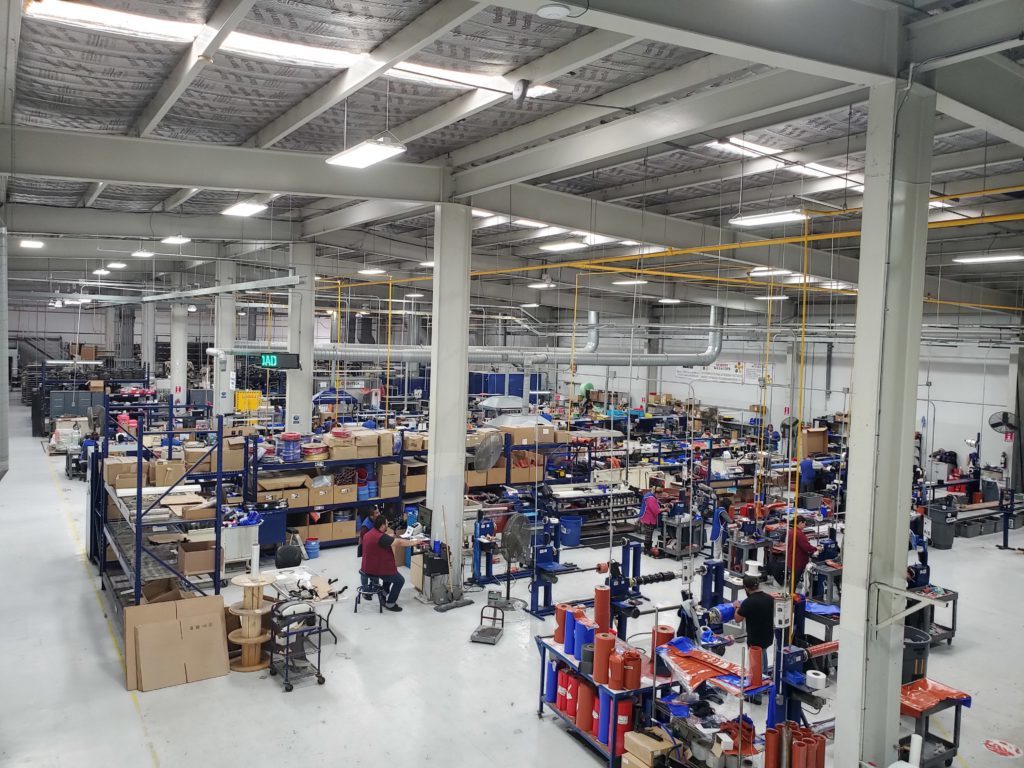Maquiladoras, also known as maquila factories, play a pivotal role in Mexico’s economy and have become synonymous with the country’s industrial landscape. Established under the North American Free Trade Agreement (NAFTA) in the early 1990s, these assembly plants primarily cater to foreign companies looking to take advantage of low labor costs and favorable tariffs. This unique manufacturing system has drawn significant investment, especially from the United States, while stimulating local economies and providing employment opportunities for countless Mexican workers. However, the existence of maquiladoras has also sparked debates on labor rights, environmental impact, and economic dependency.
As we delve deeper into the world of maquiladoras, it is essential to explore their historical context, operational mechanisms, and implications for both workers and the environment. We will examine not only the economic benefits these factories bring to Mexico but also the challenges that arise from their practices, ranging from wage disparities to working conditions. This exploration aims to provide a comprehensive understanding of maquiladoras, shedding light on their complexities and the influence they wield in the global manufacturing landscape.
Economic Impact of Maquiladoras
The establishment of maquiladoras has significantly contributed to the economic landscape of Mexico, particularly in border regions where these factories are predominantly located. They provide not only job opportunities for unskilled and semi-skilled laborers but also play a crucial role in supply chains for major international companies, enhancing local economies through both direct and indirect employment. As these factories flourish, they promote technological transfer and skills development among workers, easing the transition toward a more industrialized economy. However, this economic activity is tinged with concerns regarding the sustainability of jobs and the long-term implications of foreign investment dominance.

Challenges Faced by Workers
Despite the economic benefits of maquiladoras, workers often face significant challenges, including low wages, inadequate working conditions, and labor rights violations. Reports frequently highlight the disparity between the minimal earnings of employees and the profits generated for foreign corporations, raising critical questions around equitable labor practices. Moreover, employees often contend with precarious job security and pressure to meet strict production quotas. As discussed in various sources, such as Maquiladoras in Mexico, the discussion extends to the environmental consequences of these factories, as low regulatory oversight can lead to pollution and ecological degradation, further compounding the challenges facing communities surrounding maquiladoras.
In conclusion, while maquiladoras have undeniably driven economic growth and created employment opportunities in Mexico, the complexities surrounding them demand a nuanced analysis. The juxtaposition of industrial prosperity with labor exploitation highlights significant ethical concerns, calling for greater scrutiny of working conditions and labor rights within these factories. Simultaneously, the environmental repercussions tied to manufacturing processes emphasize the need for sustainable practices and regulatory reforms to protect the surrounding communities. As Mexico continues to navigate the delicate balance between attracting foreign investment and ensuring the well-being of its workforce and environment, the future of maquiladoras will largely depend on addressing these multifaceted challenges and fostering a more equitable industrial framework.

